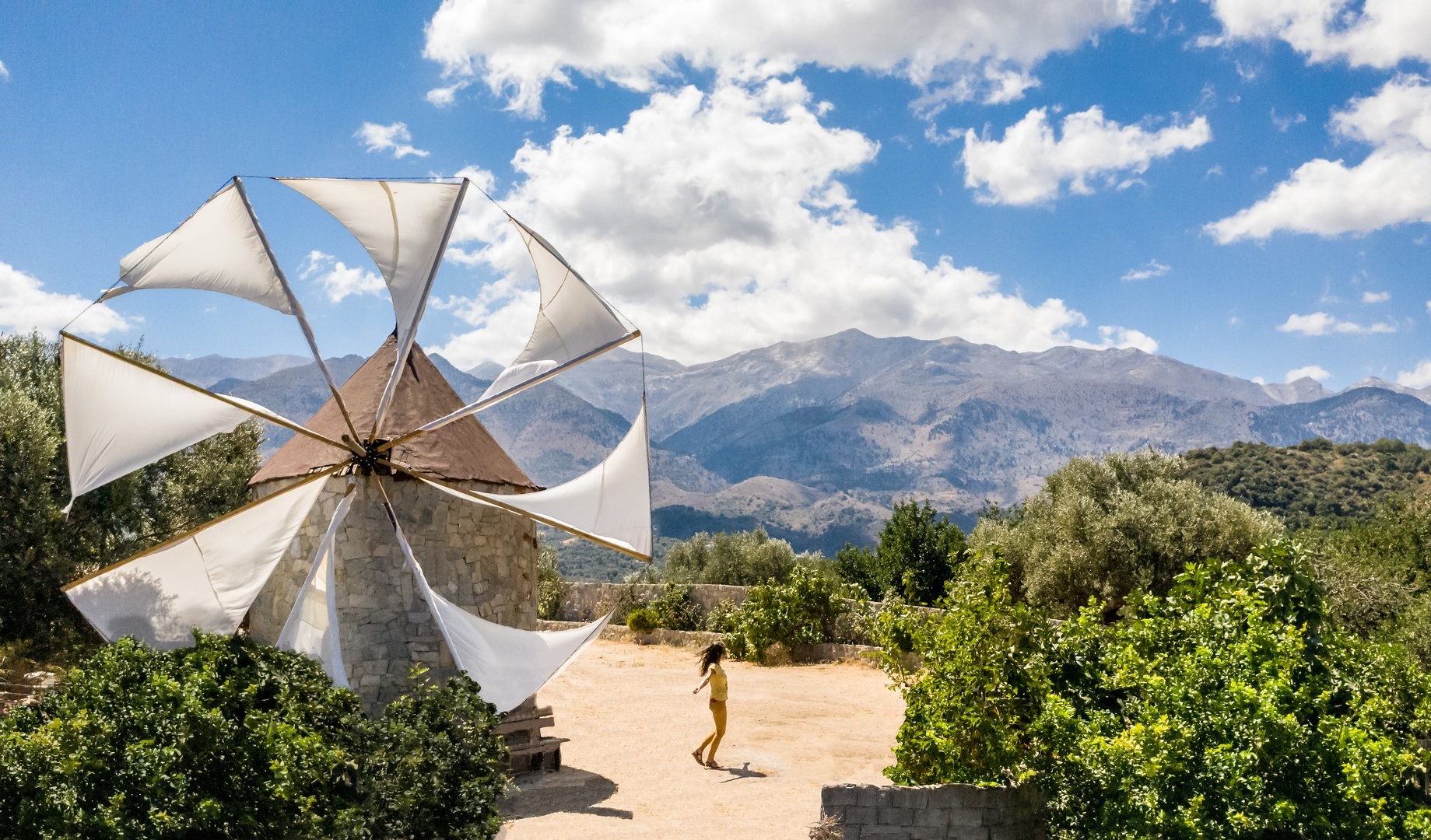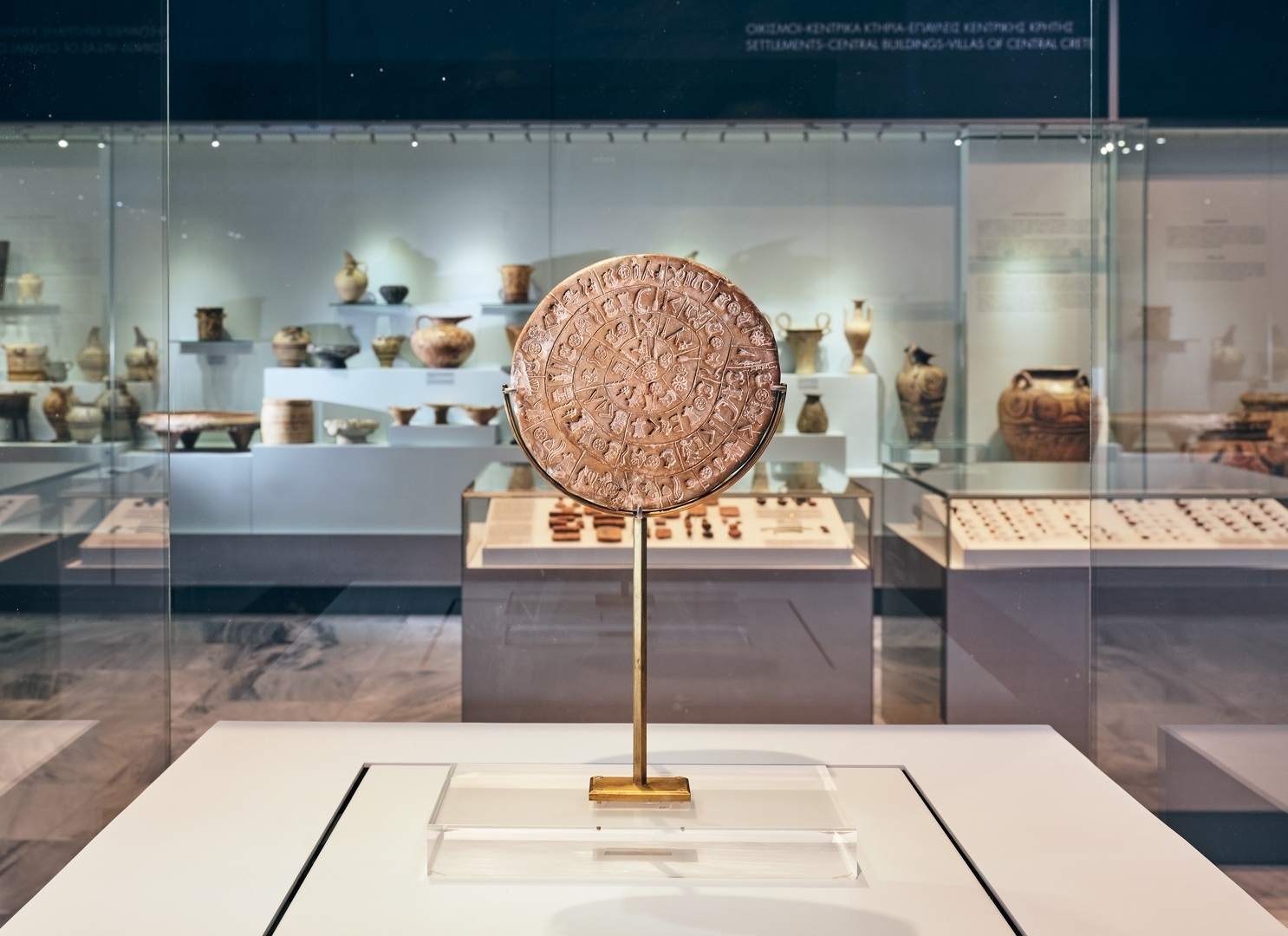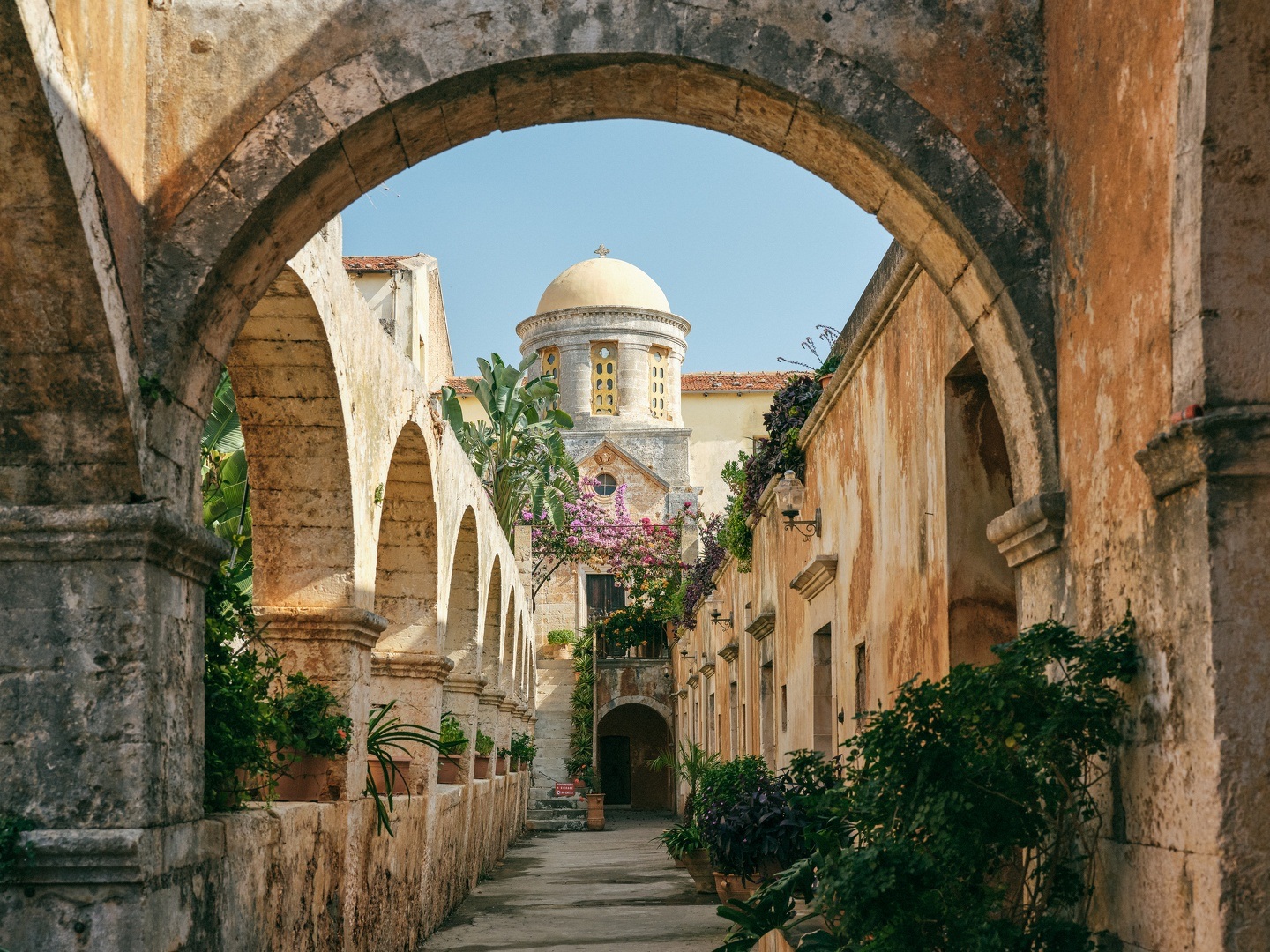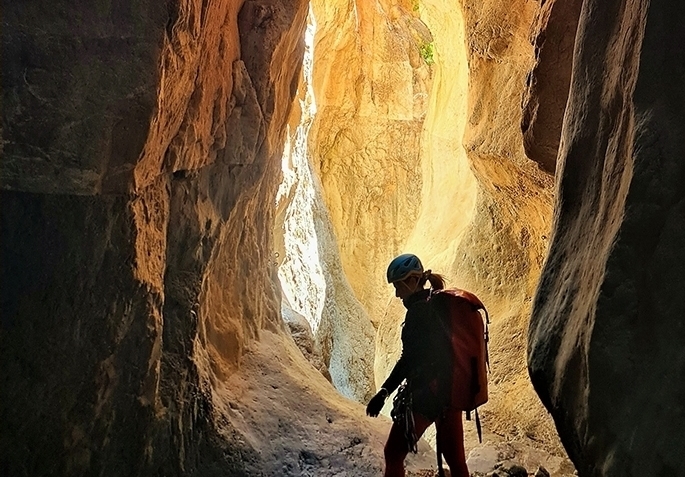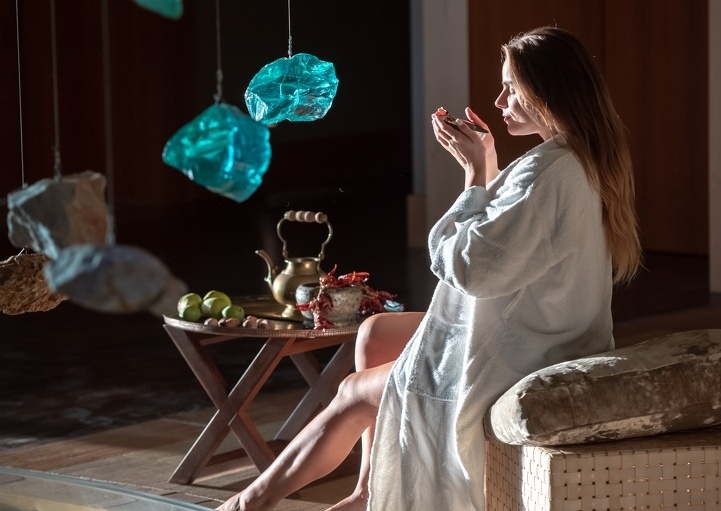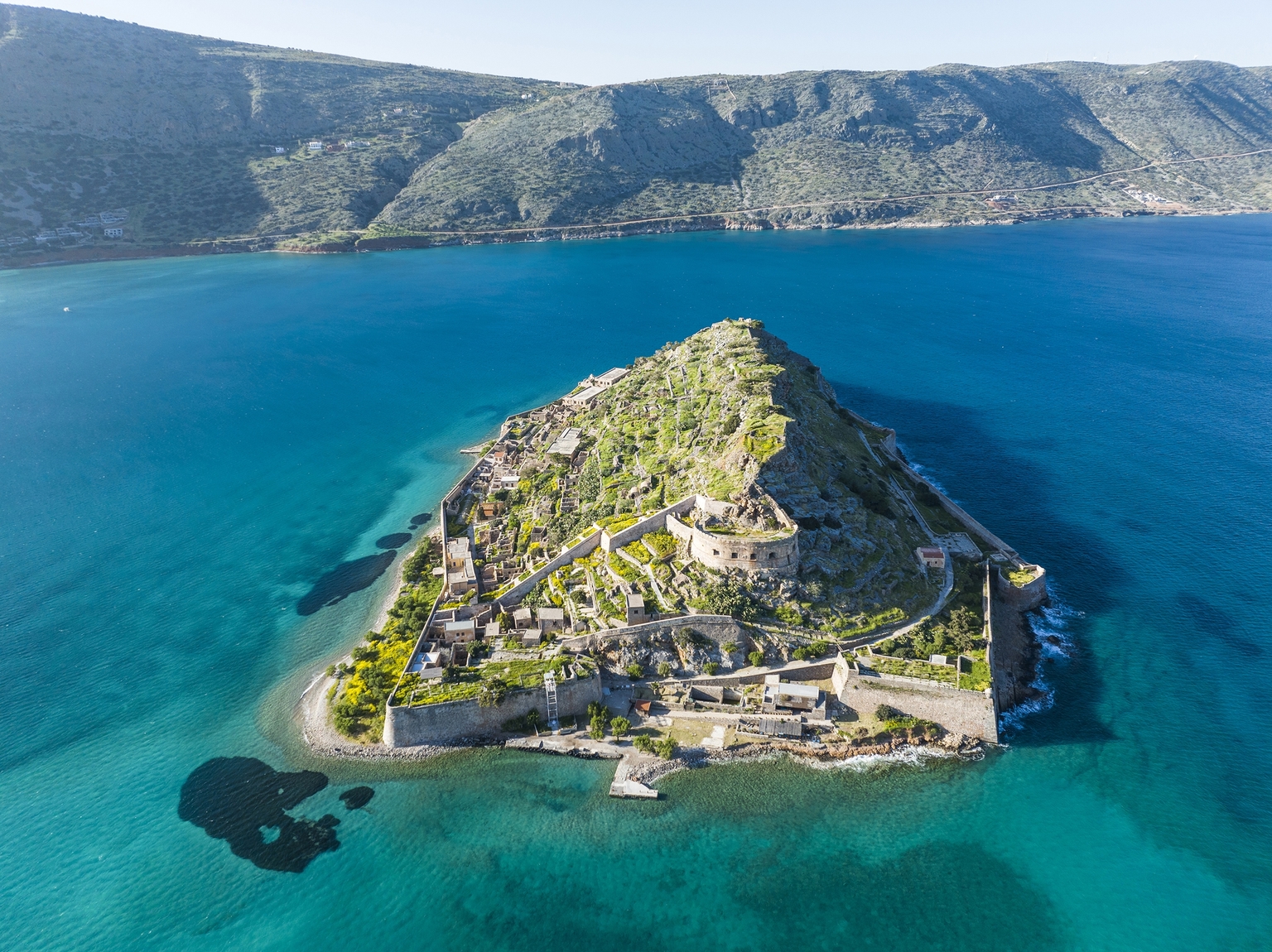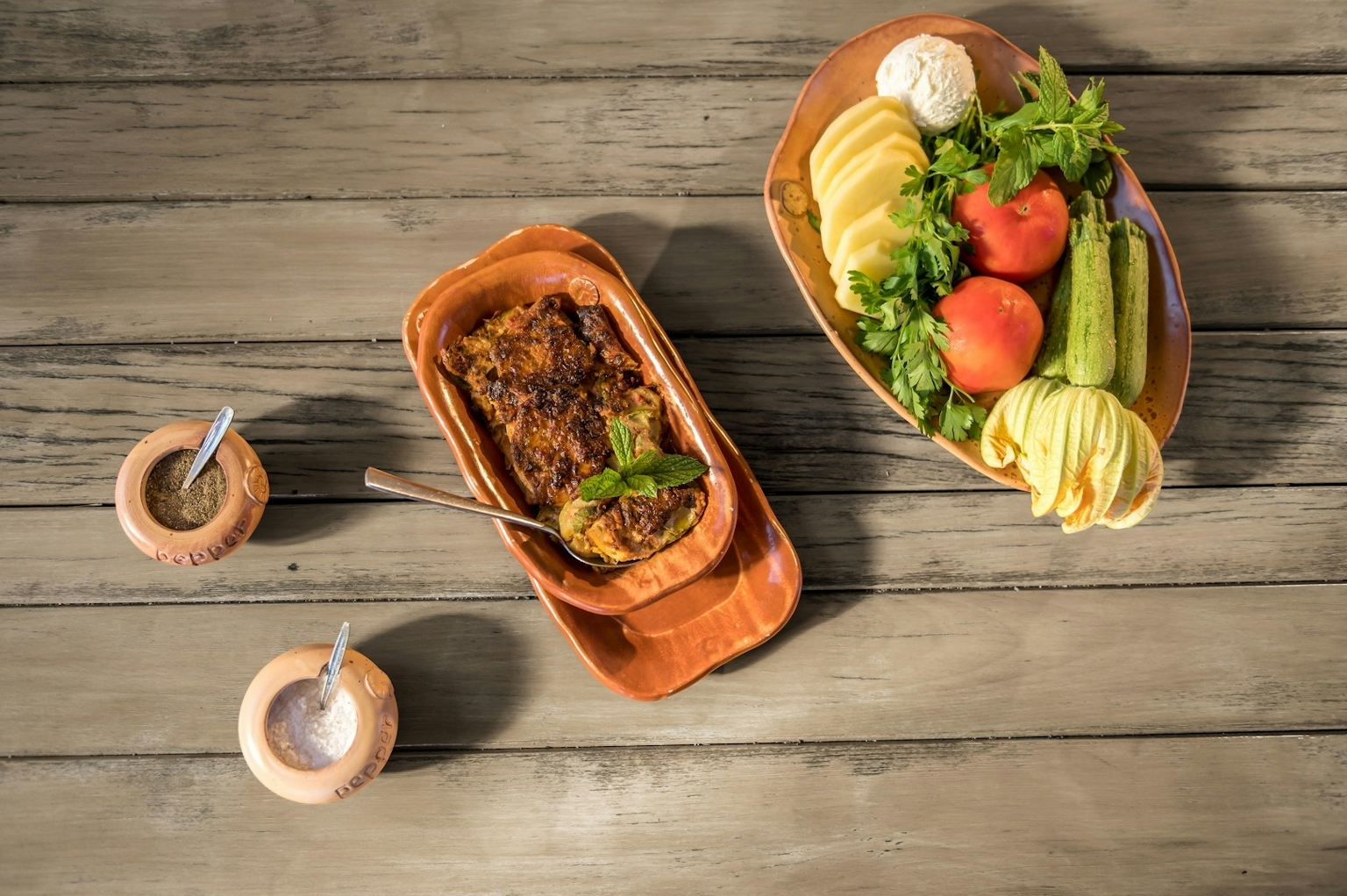Wine Tourism in Crete: Wine as the Next Big Experience
Author Discover Crete
Gastronomy
Gastronomy

In recent years, tourism in Crete is undergoing a transformation. Visitors are now looking for meaningful experiences, a connection to local culture, and authenticity. Within this new model, Cretan wine is stepping into the spotlight.
As Areti Valtadorou, founder of Oinos Experience and certified Sommelier (WSET Level 3, explains, wine is the perfect starting point for discovering Crete with all your senses. From taste and smell to the sight of vineyards and the discovery of ancient stone wine presses, wine becomes a way to dive into the island’s essence. Tastings are paired with traditional dishes, natural landscapes, and human connection — all the ingredients that make the experience unforgettable.


Today’s traveller wants to go beyond the obvious. They want to talk with locals, visit authentic places, and take an active part in the journey — from guided winery tours to cooking in a courtyard with local ingredients. In Crete, they find a rare balance: high quality, fair prices, and warm hospitality.
The island is rich in native grape varieties — like Vidiano, Thrapsathiri, Kotsifali and Liatiko — that produce wines with aromas of herbs, fruits, honey, and the salty breeze of the sea. Most producers operate small-scale wineries, focusing on quality and respecting the vineyard’s ecosystem. Many wines are excellent organic selections, while some are in the process of being certified as biodynamic, with minimal intervention and a strong sense of terroir.

Cretan wines are gaining impressive international recognition. Many wineries export over 50% of their production and receive awards in global competitions. Behind them are teams with experience, knowledge, and vision — from oenologists and agronomists to local winemakers with deep roots in Crete’s wine tradition.
Oinos Experience turns wine tasting into a holistic journey. Visitors try wines tailored to their preferences, paired with Cretan cuisine. They explore ancient wine presses and learn about tasting techniques and the winemaking process. For those who want more, there are tours of olive oil mills and traditional villages, along with cooking classes led by local women.


And when they leave Crete? “We want them to remember the island, its people, and... the scent of sage and sea salt they found in their glass,” says Areti.
Because in the end, a glass of Cretan wine isn’t just a drink. It becomes an experience — and a memory of a truly unique place.

